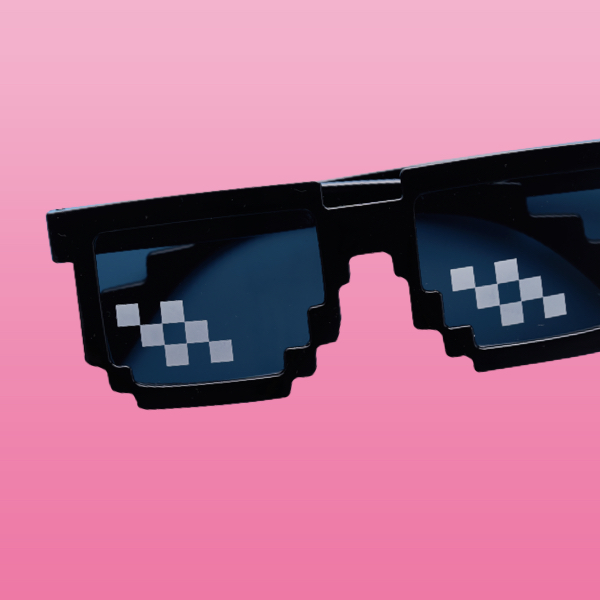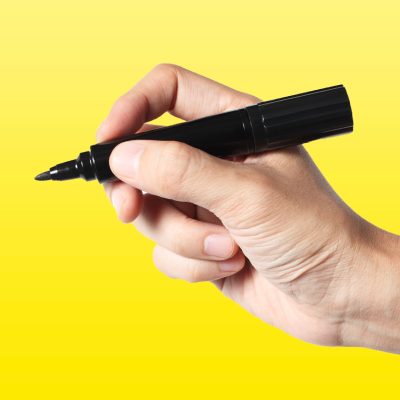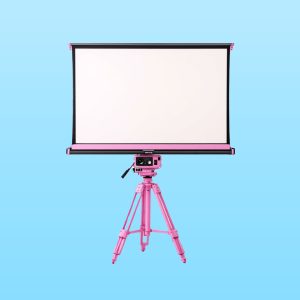I’ve run creative ad workshops with companies like Artlist, Semrush, and Amdocs.
Here’s the framework I use to help tech companies generate new ideas every time:
tl;dr
Let’s break it down.
Preparation
“The crux of a brilliant workshop lies in what you do beforehand.” – Rob Fitzpatrick
Before the workshop, I:
☑ Ask the team leader to choose a brief.
☑ Learn about the participants (e.g., role, experience, vibe).
☑ Create one ad example for the company.
Intro and Goals
10 min
☑ Meet the team and set expectations.
☑ Walk through the agenda.
☑ Lay down the rules:

Warmup: Create Meme Ads
15 min
Creating meme ads is easy, and that’s the point. It helps me do two things:
• Break the ice: A quick win gives instant gratification and helps everyone loosen up.
• Shift perspective: People often take their product too seriously. But a board full of memes helps them see the fun side.
Checklist:
☑ List relatable pain points surrounding the product. I use GPT for this.
☑ Create a FigJam or Miro board with empty meme templates and your pain points.
☑ Show one example, then let the team fill in the rest by connecting pain points to memes.
Group Exercise I: Analogies
15 min
Analogies help me break free from the boring product screenshots and open up a universe of fun visuals and stories.
Checklist:
☑ Explain how analogy ads work and show examples.
☑ Come up with pain-focused analogies for each “enemy” from the previous exercise.
☑ Find a visual for each analogy.
Group Exercise II: Side-by-Side
10 min
Most side-by-side ads are based on analogies, too.
Take your pain analogy, add a positive analogy next to it – and voilà, you’ve got an ad.
Checklist:
☑ Prepare pairs of sticky notes in two different colors.
☑ Create as many side-by-side ads as possible.
Break
15 min
Breaks are the most important (and most overlooked) part of any workshop. I learned that the hard way.
Back when I was just starting out, I was so enthusiastic that I didn’t even notice people desperately needed to grab coffee or go to the bathroom. Breaks are non-negotiable.
It’s also a great opportunity to get some quick feedback and adjust accordingly.
Partner Exercise: Steal Like an Artist
20 min
Every new idea is just a mix of old ideas.
Checklist:
☑ Teach how to “steal” ideas ethically.
☑ Provide a list of inspiring ad libraries.
☑ Ask them to find ads and visuals that they like and come up with new ones. Have them work in pairs.
Solo Exercise: Headline Writing
15 min
Checklist:
☑ Explain your favorite headline techniques. (For example: [Cliché], but [Twist])
☑ Start the first step together. (In this case, generate a list of relevant idioms and phrases with Perplexity.)
☑ Have each person write as many headlines as possible.
Break II
20 min
Screening
20 min
Vote for the best ideas, leave the rest behind.
Checklist:
☑ Go over the team’s ideas.
☑ Have everyone vote for the best ones. No voting for your own.
☑ Move the ideas with the most votes to a separate tab.
Execution
40 min
One person, usually a designer, shares their screen, and we polish as many ads as possible. Tip: Start with the quick wins, the ideas that got the most votes and are easy to produce on the spot.


